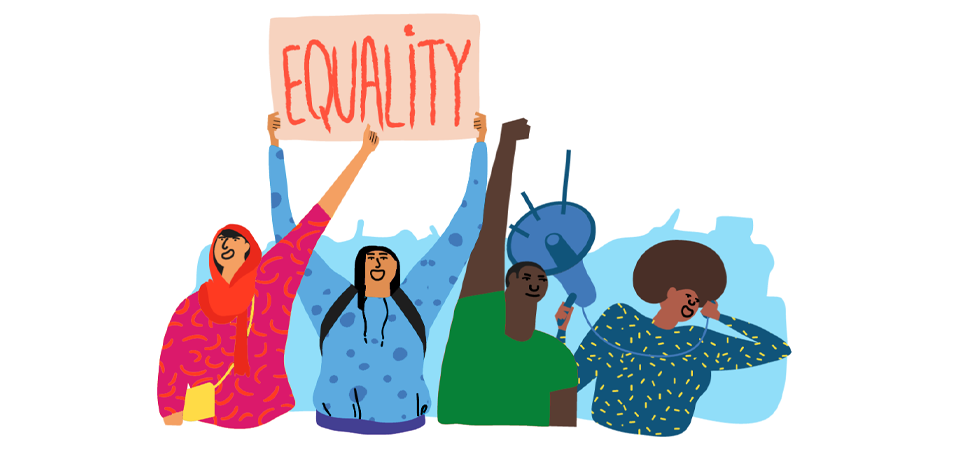
Image Source: unwomen
Introduction
In recent years, the discourse on equality and social justice has gained immense significance, with a particular emphasis on comprehensive sexual education. This article delves into the crucial aspects of these topics, exploring their relevance and impact in contemporary society, particularly from the lens of the UPSC framework.
Understanding Social Justice
Social justice encompasses the fair and just relationships between individuals and society. It focuses on issues such as equality, human rights, access to resources, and opportunities. For UPSC aspirants, a comprehensive understanding of social justice is imperative, as it often forms a part of questions related to governance, ethics, and social issues.
Significance of Comprehensive Sexual Education
Comprehensive sexual education is a vital component of a holistic education system. It goes beyond the biological aspects of reproduction, encompassing topics like gender identity, sexual orientation, consent, and healthy relationships. From a UPSC perspective, the understanding of sexual education aligns with governance, public health policies, and societal well-being.
Challenges and Controversies
Despite its importance, comprehensive sexual education faces challenges and controversies in implementation. Societal taboos, cultural norms, and political ideologies often hinder its incorporation into mainstream education. Aspiring civil servants should be equipped to address these challenges while formulating policies promoting inclusivity and awareness.
UPSC Relevance and Preparation
For UPSC aspirants, a nuanced understanding of social justice and sexual education is vital. It aids in addressing questions related to governance, ethics, and societal issues in both the mains and interview stages. Candidates should stay updated with current affairs, policies, and global perspectives on these matters.
Conclusion
Equality, social justice, and comprehensive sexual education stand as pillars in building a more equitable and inclusive society. From a UPSC standpoint, a comprehensive grasp of these concepts is instrumental in shaping effective governance and policies that cater to the diverse needs of the population.
As UPSC aspirants navigate through their preparation, integrating these concepts into their studies can broaden their perspectives and enhance their ability to address multifaceted challenges in governance and societal issues.